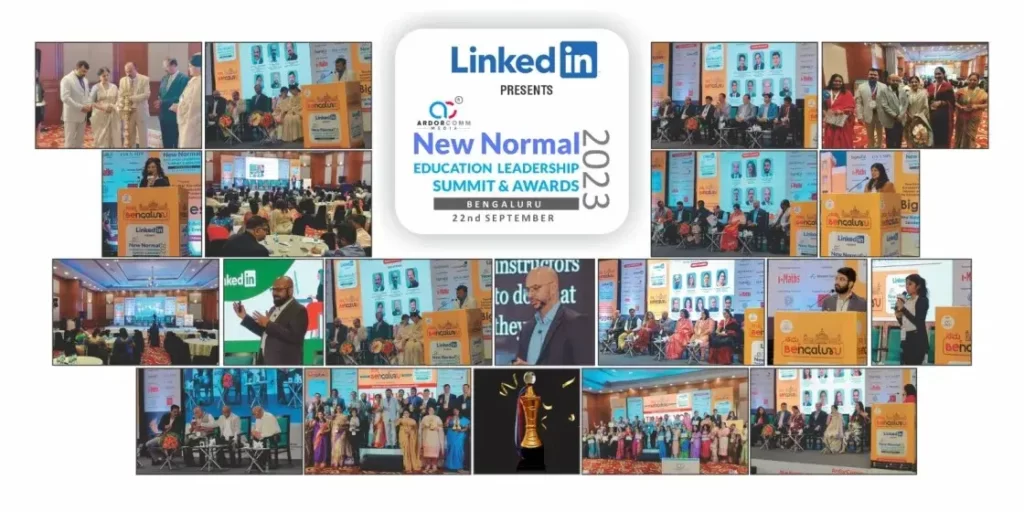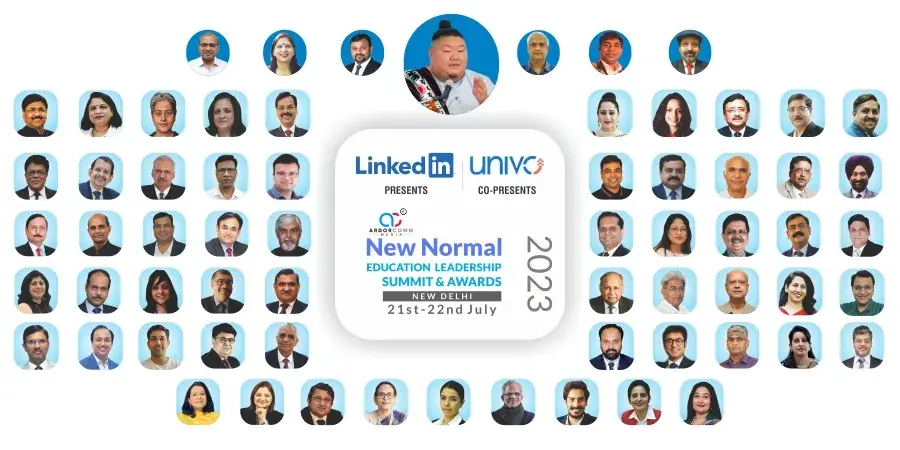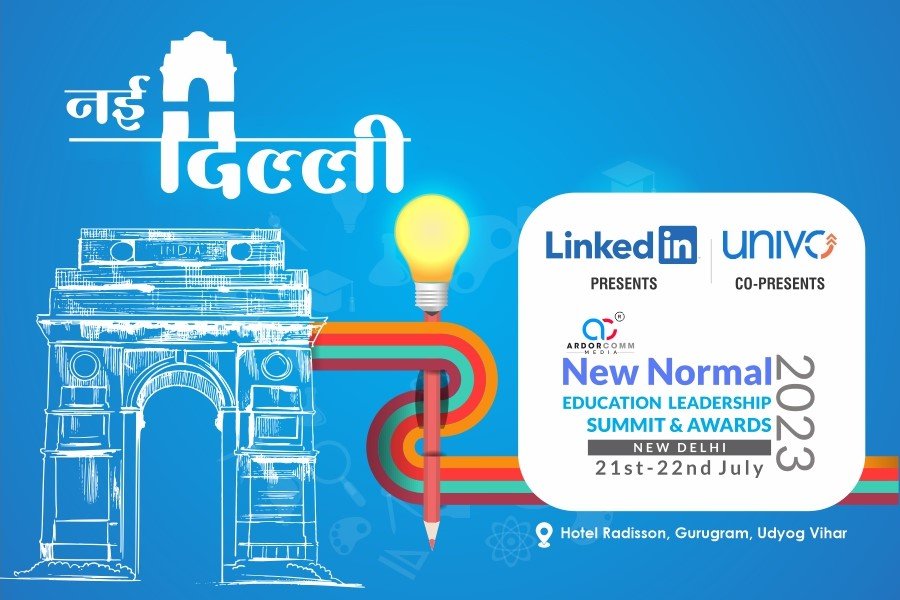Strengthening Your Immune System Naturally: A Comprehensive Guide
Your immune system acts as a natural shield, safeguarding your body against viruses, bacteria, and toxins. A robust immune system is vital for maintaining good health and protecting yourself from illnesses. Although genetics plays a role in your immune system’s strength, adopting certain lifestyle choices and habits can naturally enhance your immunity. In this comprehensive guide, we’ll explore various strategies and practices to help you build a resilient immune system. A Balanced Diet A well-balanced diet forms the cornerstone of a strong immune system. To function optimally, your body relies on essential nutrients. Here are some dietary tips: Vitamins and Minerals: Incorporate a diverse range of vitamins and minerals, particularly vitamin C, vitamin D, zinc, and antioxidants, all of which can be found in fruits, vegetables, nuts, and seeds. Protein: Include lean protein sources like poultry, fish, legumes, and tofu, as they play a crucial role in the production of immune cells. Probiotics: Integrate probiotic-rich foods such as yogurt, kefir, and fermented vegetables into your diet. These support gut health, a key player in immune function. Hydration: Stay adequately hydrated by drinking plenty of water. Even mild dehydration can compromise your immune system. Prioritize Quality Sleep Quality sleep is a fundamental requirement for a robust immune system. During sleep, your body undergoes repairs and regeneration, including the production of immune cells. Aim for 7-9 hours of uninterrupted sleep each night to bolster your body’s defenses. Manage Stress Chronic stress can weaken your immune system. Integrate stress-reduction techniques into your daily routine, such as meditation, deep breathing exercises, yoga, or spending time in natural settings. These practices help reduce stress hormones and enhance immune function. Regular Exercise Exercise offers numerous health benefits, including a strengthened immune system. Engaging in regular physical activity boosts the production of immune cells and enhances circulation. Strive for at least 150 minutes of moderate-intensity exercise each week. Embrace Hygiene and Handwashing Maintain good hygiene practices, including regular handwashing with soap and water. These practices not only prevent infections but also reduce your risk of falling ill. Avoid Smoking and Limit Alcohol Smoking weakens your immune system and makes you more susceptible to infections. If you smoke, consider quitting. Additionally, excessive alcohol consumption can suppress the immune system, so consume alcohol in moderation. Stay Adequately Hydrated Adequate hydration is vital for overall health, including immune function. Water facilitates nutrient transport and waste removal from your body. Aim to drink at least 8 glasses (approximately 2 liters) of water daily. Maintain a Healthy Weight Obesity can compromise immune function. Adopt a balanced diet and regular exercise to achieve and sustain a healthy weight, thereby strengthening your immune system. Herbs and Supplements Certain herbs and supplements may offer immune-boosting benefits. Consult a healthcare professional before adding any supplements to your routine. Common immune-boosting supplements include vitamin C, vitamin D, zinc, echinacea, and garlic. Cultivate Social Connections Strong social connections positively impact your immune system. Engaging in meaningful relationships and spending time with loved ones reduces stress and enhances overall well-being. Conclusion Nurturing a strong immune system naturally entails a holistic approach encompassing diet, lifestyle, and mindset. By adopting healthy habits such as a balanced diet, sufficient sleep, stress management, and regular exercise, you can fortify your body’s defenses against illnesses. Consistency is key, and these practices should become integral to your long-term wellness routine. By prioritizing your immune health, you’ll be better equipped to ward off infections and relish a vibrant, healthy life. The author, Pratik Ghosh is associated with ArdorComm Media
Strengthening Your Immune System Naturally: A Comprehensive Guide Read More »









